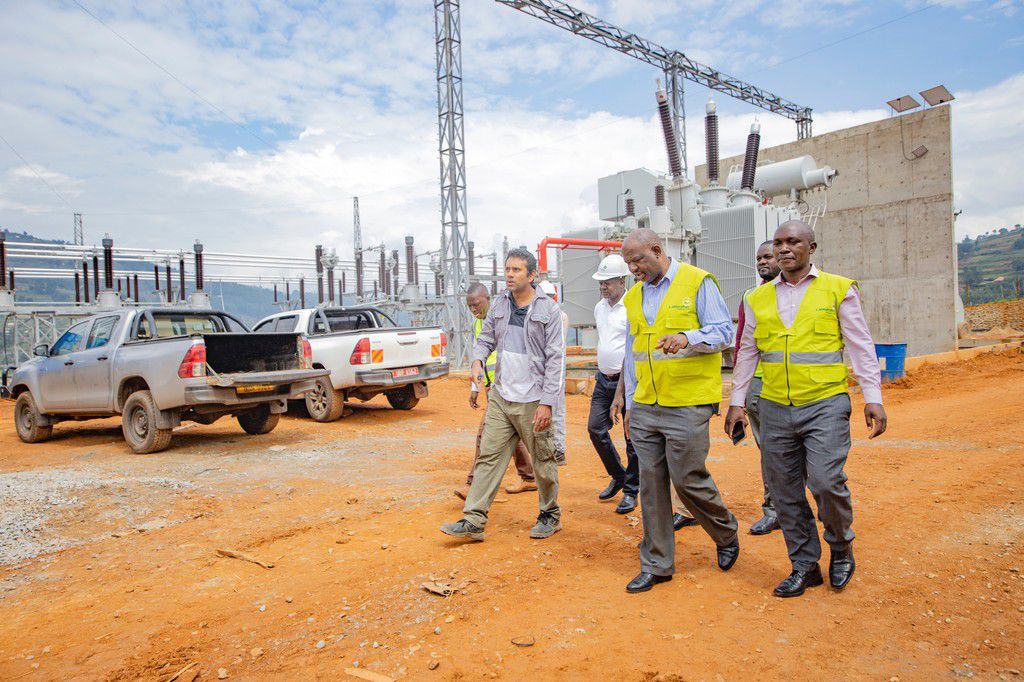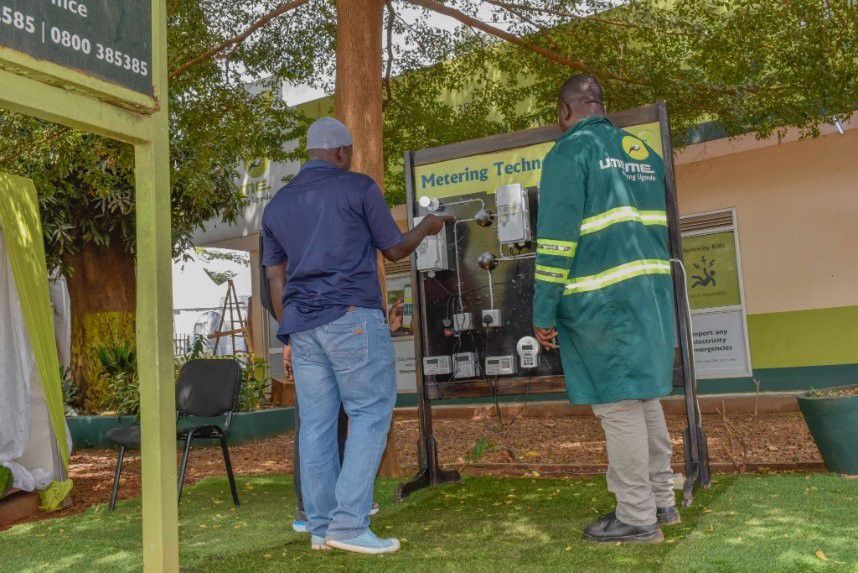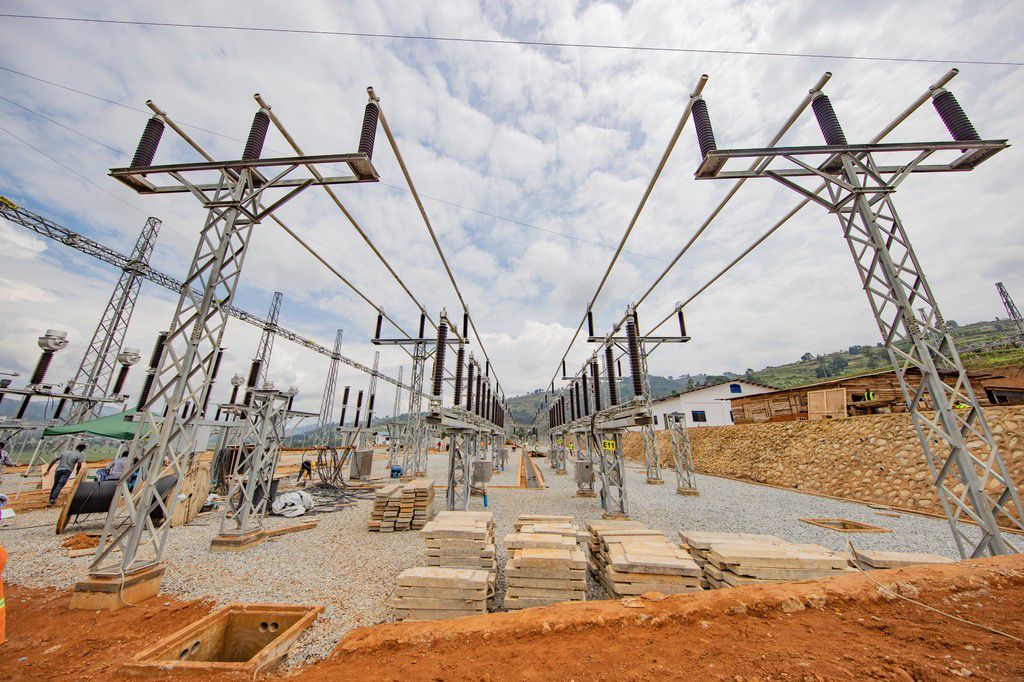What to expect as Umeme exits Uganda next year
)
The exit of Umeme, a private company that has managed Uganda’s electricity distribution since 2005, will take place on March 31, 2025, following a cabinet decision not to renew its concession.
This decision, guided by President Yoweri Museveni, was driven by the need to reduce power costs, which the President attributed to Umeme's profit-oriented nature as a private entity.
While UEDCL is set to take over Umeme’s operations, various stakeholders have expressed concerns about whether power distribution will be effectively managed by a government-owned entity.
Memories of the inefficiencies that characterised Uganda Electricity Board (UEB), the government utility that Umeme replaced in 2005, are still fresh in the minds of many, sparking questions about the future of electricity distribution in the country.

Concerns Over Service Reliability and Governance
Eng. Ziria Tibalwa Waako, the Executive Director of the Electricity Regulatory Authority (ERA), says the authority is aware of concerns raised by Ugandans during the transition process.
"From the responses we have obtained from the public, Ugandans want reliable supply. They don’t want outages and intermittent supply. Ugandans also want quality of service, including faster responses to issues and more affordable electricity," she noted.
Waako also addressed concerns over governance, noting that UEDCL has made significant strides in expanding its board to include experts in legal, environmental, and financial fields.
"The leadership at UEDCL is solid enough to oversee the performance of the company that will be taking over the majority distribution business in the country," Waako said.
She assured the public that the governance framework of UEDCL is being strengthened to ensure a smooth and effective transition.
Concerns About Buyout Costs
One of the key concerns surrounding the transition is the high buyout cost that will be paid to Umeme as part of the concession agreement.
The estimated amount is currently estimated at around $225 million (UGX 849 billion). However, Waako stressed that the buyout should not be viewed as a burden but rather as an investment. She explained that much of the infrastructure Umeme is leaving behind has a long lifespan, and some of the assets will be brand new by the time the concession ends.
“For instance, Umeme is continuing to invest up to 31st March next year, so there will be some assets that will be only one day old,” she added.

Recently, current employees of Umeme signed a petition to ERA with questions about whether their jobs will be safe.
However, Waako reassured them that UEDCL would retain most of Umeme's current staff.
"What will change largely is the shareholding and governance of the institution," she said, emphasising that employees who perform their duties with integrity would not lose their jobs.
Suppliers and contractors who have been working with Umeme have also voiced concerns about their future contracts. Peter Wakito, a representative from the Institution of Surveyors of Uganda, noted that suppliers are uncertain about whether they will be absorbed by UEDCL once the transition takes place. This uncertainty has created anxiety among suppliers who have established long-term relationships with Umeme.
UEDCL's Plans for Investment and Reliability
Paul Mwesigwa, the Managing Director of UEDCL, addressed some of the concerns about infrastructure and investment. He revealed that UEDCL is seeking UGX 4.02 trillion in government funding over a three-year period to cover both operational and capital costs.
“Despite the investments that have been made, the network is still thirsty for more investments,” Mwesigwa said.
Mwesigwa also identified key areas requiring immediate attention, including the replacement of power transformers and substations that have exceeded their lifespan. About 36% of power transformers have been in operation for over 30 years, and some substations are as old as 80 years. Additionally, nearly 29% of switching stations are defective, and about 10% of power poles need replacement.
To address concerns about power reliability, Mwesigwa explained that UEDCL is committed to improving interconnection and making investments aimed at reducing outages.

Transition to Prepaid Meters
One of the key changes UEDCL plans to implement is the transition from postpaid to prepaid meters, especially for large consumers such as telecom companies.
Ndugutsye Marti from ATC Uganda, which operates over 4,000 masts for telecoms and media houses, expressed concerns about the logistical challenges of switching from postpaid to prepaid meters.
“This is going to be laborious from an operational aspect. We hope that we can have an exception based on our credit rating,” he said.
In response, UEDCL has promised to consider exceptions for organisations with a strong credit record and those that have maintained a seamless postpaid arrangement with Umeme. However, the overall shift to prepaid meters is aimed at ensuring better revenue collection, which has been a persistent challenge for Umeme.
Public Optimism and Concerns
While some stakeholders are optimistic about the transition, others remain cautious. Richard Sserwadda, a miller in Kampala, raised concerns about the potential for further deterioration in service quality.
“Power has been going off frequently, and Umeme often told us their hands were tied because of technical faults with government bodies like UEGCL and UETCL. Now with UEDCL taking over, isn’t the situation going to get worse?” he asked.
Others, like Mukalazi John Bosco, a trader in Owino market, are hopeful that UEDCL will resolve long-standing issues. Mukalazi explained that traders in Owino market have been managing bulk electricity payments through a third-party team, but the system has been marred by mismanagement, with traders accumulating over UGX 600 million in unpaid bills.
"We are happy that UEDCL is coming on board, and we hope this will be resolved," he said.
)
)
)
)
)
)
)